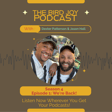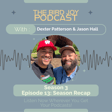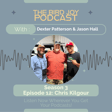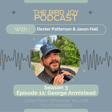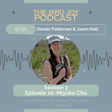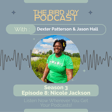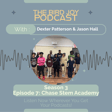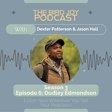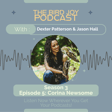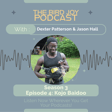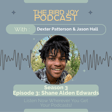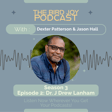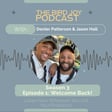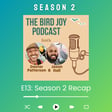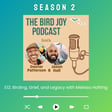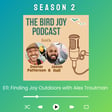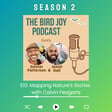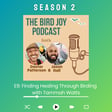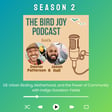
Ethical Birding
In this week’s episode, join Dexter and Jason as they discuss some key birding ethics that one needs to know and consider when finding bird joy. Everything from dogs and pets off leash while trying to experience Eastern Meadowlarks to the use of lasers to help folks get on birds, the attempt (and sometimes failure) to see birds like the Eastern Towhee, and the controversial practice of playing bird calls to lure birds in (why would you do this for Short-eared Owls?). Key attention is given to how we treat each other as an extension of our birding activity while out on the trail. It is no surprise that the experience of Black and brown folks in the outdoors provides a key nuance to this discussion (as indicated by Drew Lanham’s 9 Rules for the Black Birdwatcher). Of course there is also some bird joy, even if it’s found in the macabre practices of the “little bitty murderers” the Northern and Loggerhead Shrikes.
Be sure to follow our podcast on Instagram at @thebirdjoypd and subscribe wherever you get your podcasts.
